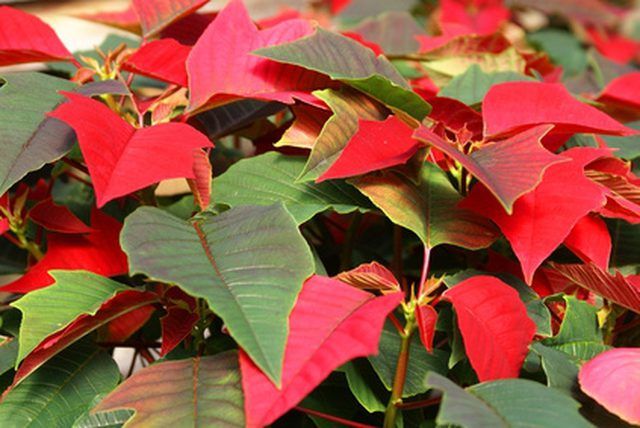Bulbs
Flower Basics
Flower Beds & Specialty Gardens
Flower Garden
Garden Furniture
Garden Gnomes
Garden Seeds
Garden Sheds
Garden Statues
Garden Tools & Supplies
Gardening Basics
Green & Organic
Groundcovers & Vines
Growing Annuals
Growing Basil
Growing Beans
Growing Berries
Growing Blueberries
Growing Cactus
Growing Corn
Growing Cotton
Growing Edibles
Growing Flowers
Growing Garlic
Growing Grapes
Growing Grass
Growing Herbs
Growing Jasmine
Growing Mint
Growing Mushrooms
Orchids
Growing Peanuts
Growing Perennials
Growing Plants
Growing Rosemary
Growing Roses
Growing Strawberries
Growing Sunflowers
Growing Thyme
Growing Tomatoes
Growing Tulips
Growing Vegetables
Herb Basics
Herb Garden
Indoor Growing
Landscaping Basics
Landscaping Patios
Landscaping Plants
Landscaping Shrubs
Landscaping Trees
Landscaping Walks & Pathways
Lawn Basics
Lawn Maintenance
Lawn Mowers
Lawn Ornaments
Lawn Planting
Lawn Tools
Outdoor Growing
Overall Landscape Planning
Pests, Weeds & Problems
Plant Basics
Rock Garden
Rose Garden
Shrubs
Soil
Specialty Gardens
Trees
Vegetable Garden
Yard Maintenance
What Do You Fertilize Poinsettias With?
What Do You Fertilize Poinsettias With?. Poinsettias are flowering plants with bright red bracts (flowers). Fertilizing poinsettias is a lot like wrapping a package; there are numerous ways to do the same thing that all get the job done. There are many different factors that affect fertilization, such as the amount of different nutrients in the...

Poinsettias are flowering plants with bright red bracts (flowers). Fertilizing poinsettias is a lot like wrapping a package; there are numerous ways to do the same thing that all get the job done. There are many different factors that affect fertilization, such as the amount of different nutrients in the fertilizer, the rate at which it is applied, the amount of leaching and the type of soil the poinsettia is growing in.
Basics
Common fertilizers use a three-number system to detail the percentages present of three different nutrients: nitrogen, phosphate and potassium. According to the University of Massachusetts at Amherst, a few common fertilizers for poinsettias are15-0-15, 15-16-17 and 20-10-20. Poinsettias should be fertilized on a regular basis up until about two weeks before they are to be sold. Reducing the fertilizer at this time allows the plant to live longer post-harvest and prevents soluble salts in the soil from injuring the bracts.
Calcium Deficiency
Calcium deficiency in poinsettias can lead to leaf-edge burn, weak stems and bract necrosis. A calcium deficiency can be overcome by using a high-calcium fertilizer mixed with a high-nitrate fertilizer or by adding calcium supplements to the existing fertilizer regimen. Calcium deficiency is not solely caused by a lack of calcium in the soil, but also by inadequate water flow to the roots.
Phosphorous Nutrition
According to the University of Massachusetts, a lack of phosphorus in the growing medium can result in small bracts and an overall reduction in the size of the plant. Phosphorous deficiency can be caused by prolonged use of a low phosphorous fertilizer or by growing in a medium that is low in phosphorous. This can be corrected by adding phosphorous supplements or a high-phosphorous fertilizer to the medium.
On the other hand, excess phosphorous can lead to excessive growth, which will weaken the plant overall. Excess phosphorous can also lead to bract necrosis and can pollute groundwater.
Molybdenum Deficiency
A deficiency in molybdenum can lead to necrosis and interveinal chlorosis on recently mature leaves and middle-aged leaves. To prevent molybdenum deficiency, maintain the proper pH level in the growing medium--it should be between 5.8 and 6.2. Using a liquid application of 1ppm molybdenum can greatly assist in preventing molybdenum deficiency, according to the University of Massachusetts.
Organic Fertilizer
Poinsettias can be fertilized with compost, whether it is homemade or purchased. Natural fertilizer can boost all-around nutrient levels in the soil and help prevent most deficiencies in poinsettias. The downside to using homemade compost is the relative inability to increase a single nutrient level, such as a potassium deficiency.